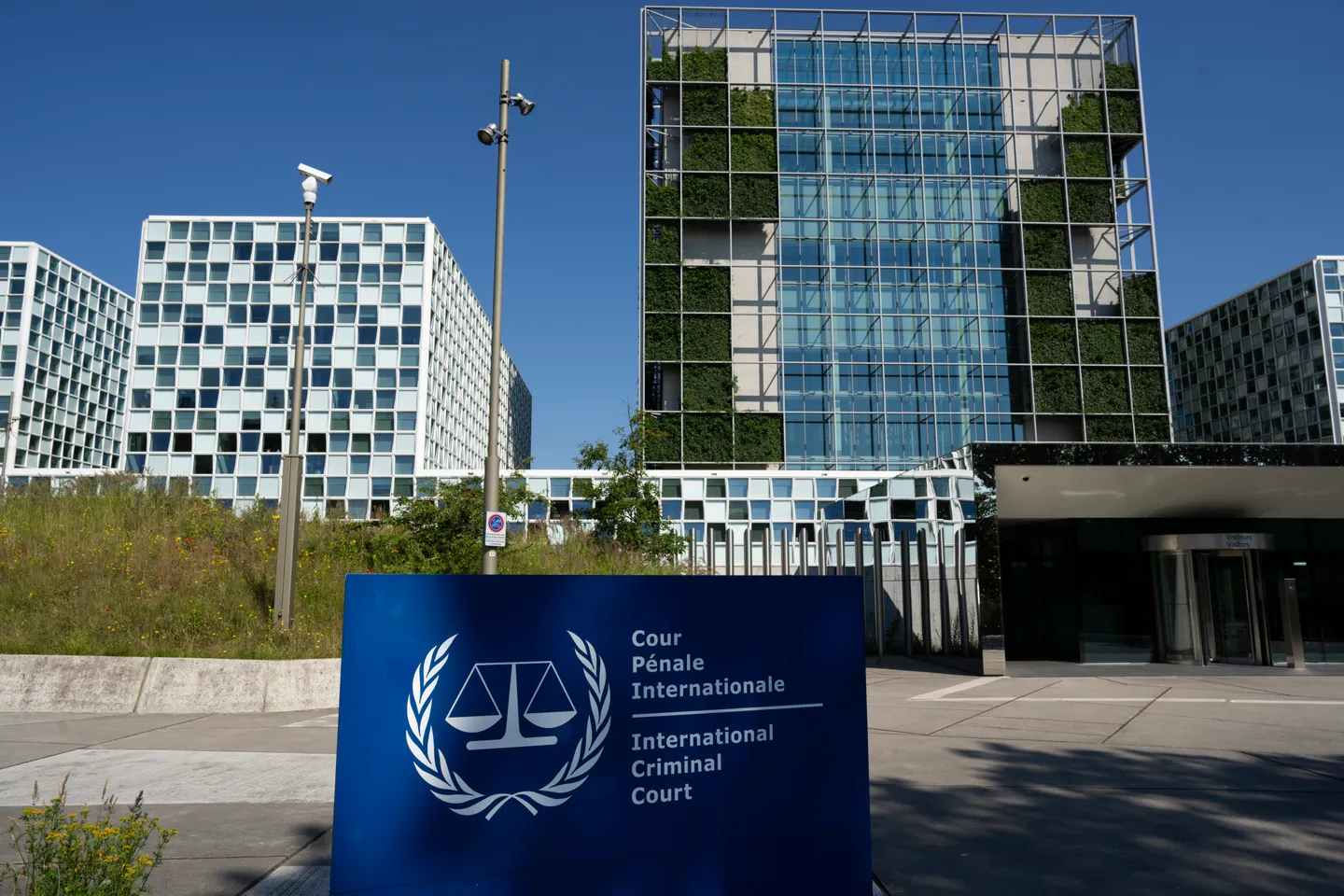Mali, Burkina Faso, and Niger, all West African states now ruled by military juntas, have jointly announced their withdrawal from the International Criminal Court (ICC), accusing the Court of being “an instrument of neo-colonial repression.”
In a statement released Monday, the three countries said the ICC has become “a tool of neocolonial repression in the hands of imperialism,” arguing it fails to prosecute war crimes, crimes against humanity, genocide and aggression consistently, and instead selectively targets actors outside what they term an “institutionalized circle of impunity.” They pledged to develop “indigenous mechanisms for the consolidation of peace and justice” and reaffirmed their commitment to human rights in accordance with their own social values.
Though their withdrawal is effective only one year after formal notification to the UN Secretary-General under ICC rules, the announcement reflects a trend of growing estrangement from Western-led legal and political institutions among the junta governments.
These three states have already distanced themselves from ECOWAS (the Economic Community of West African States) and formed their own bloc, the Alliance of Sahel States (AES), while also strengthening ties with non-Western powers, particularly Russia.
Observers warn the decision may hinder accountability in conflict zones within these countries. The Sahel has been plagued by jihadist violence, and both militant groups and state forces in Mali, Burkina Faso, and Niger have been accused by human rights organizations and UN experts of atrocity crimes. Critics worry local mechanisms may lack the independence, capacity, or international recognition the ICC holds.





